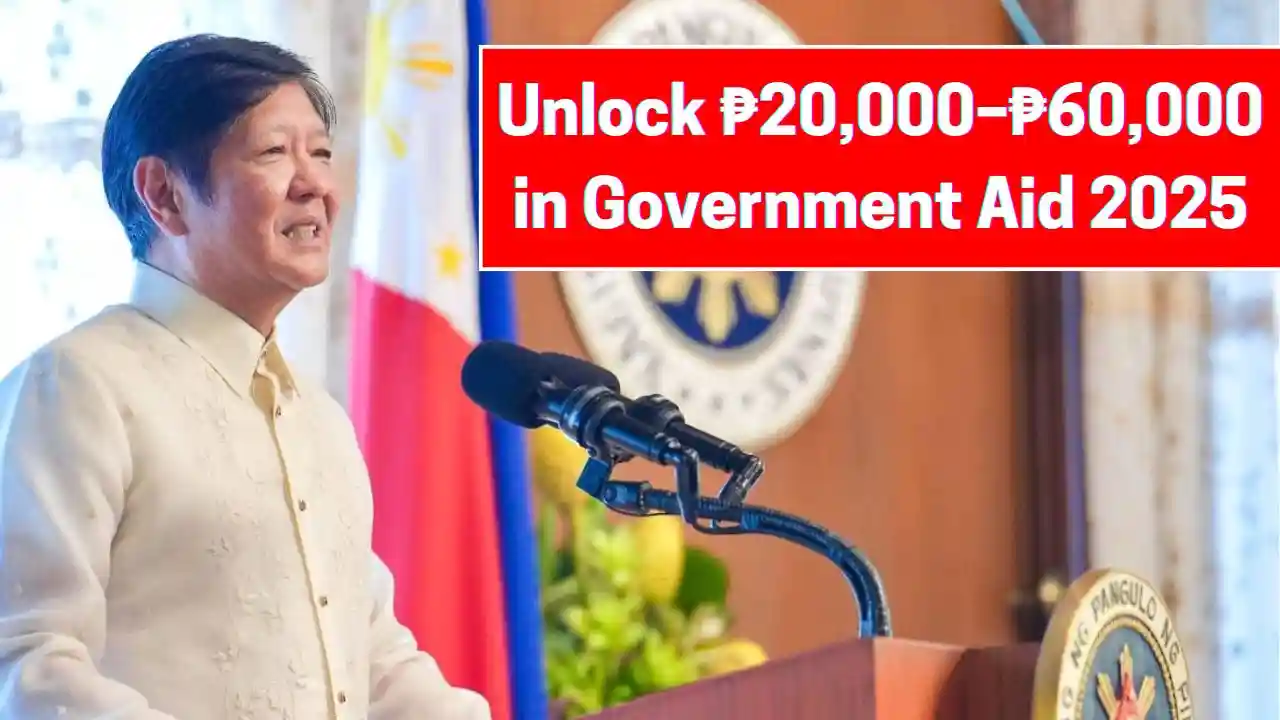The Philippine government has introduced several financial assistance programs to support families in need. These programs provide aid ranging from ₱20,000 to ₱60,000, depending on eligibility and purpose. Below are key initiatives that families can benefit from, along with details on how to apply.
Ayuda sa Kapos ang Kita Program (AKAP)
AKAP is designed for minimum wage earners, informal workers, and families struggling with inflation. It provides one-time cash assistance between ₱1,000 and ₱10,000. To qualify, applicants must present proof of employment or income, such as a pay slip or tax return. Those already receiving benefits under other social welfare programs may not be eligible.
Sustainable Livelihood Program (SLP)
SLP offers financial aid to former rebels and individuals in conflict-affected communities, aiming to help them start a livelihood. The government provides a Livelihood Settlement Grant of ₱20,000 per individual. Applicants can coordinate with the Department of Social Welfare and Development (DSWD) or their local government unit for enrollment.
Pension and Emergency Relief Loan Facility
The Land Bank of the Philippines has introduced a loan facility for government employees and pensioners with LandBank accounts. Borrowers can apply for loans between ₱20,000 and ₱100,000 at an annual interest rate of 10%. Government workers must have at least one year of service to qualify. Applications can be submitted at LandBank branches.
Agri-Puhunan at Pantawid Program (APP)
The Department of Agriculture provides financial assistance to registered farmers through the APP program. Farmers with no more than two hectares of land can receive up to ₱60,000 per cropping season. The aid includes ₱58,000 for production expenses and an additional ₱8,000 subsistence allowance. Beneficiaries are issued an Interventions Monitoring Card (IMC) to purchase farming supplies from accredited suppliers.
How to Apply for These Programs
Eligible individuals should prepare necessary documents such as proof of income, employment records, or residency certificates. Applications must be submitted to the respective government agency managing the program. Following the official guidelines and deadlines is crucial to ensure approval.
Conclusion
The government’s financial aid programs provide much-needed support for Filipino families, workers, pensioners, and farmers. By understanding eligibility requirements and the application process, more individuals can take advantage of these benefits to improve their financial stability.



